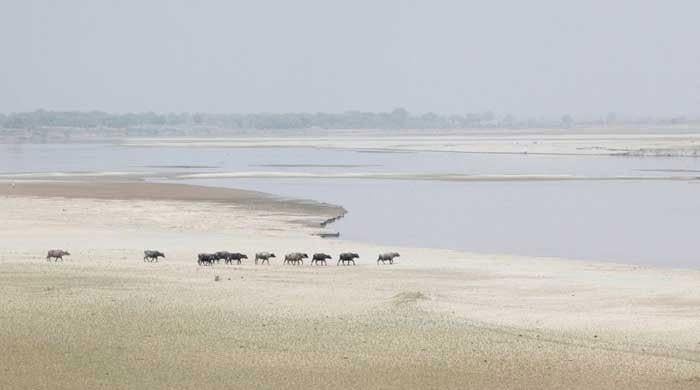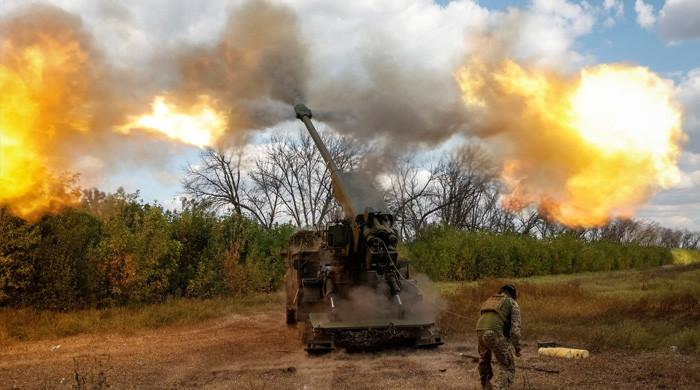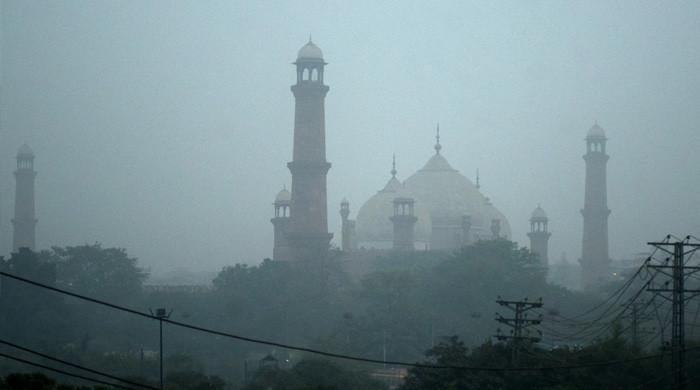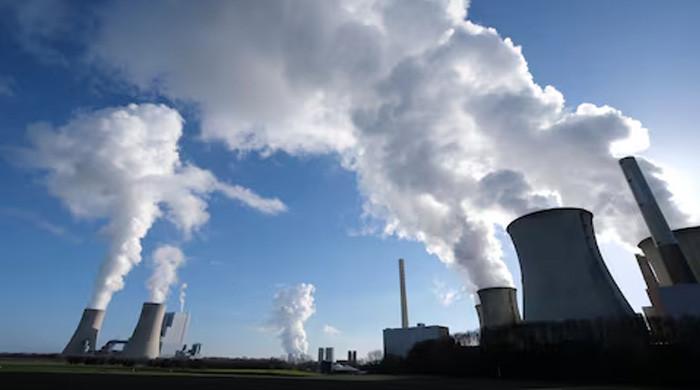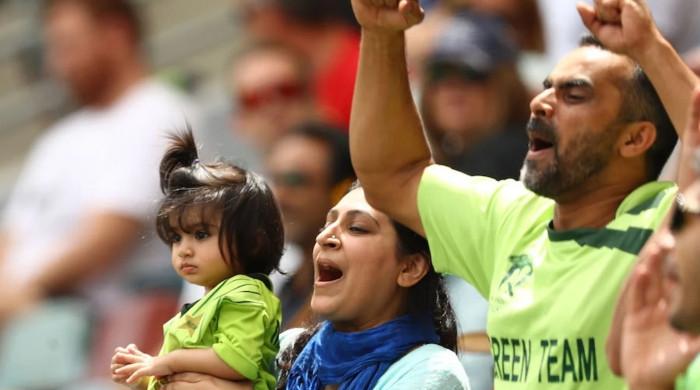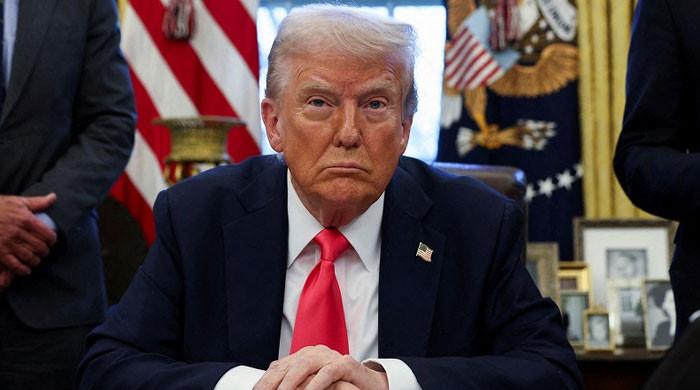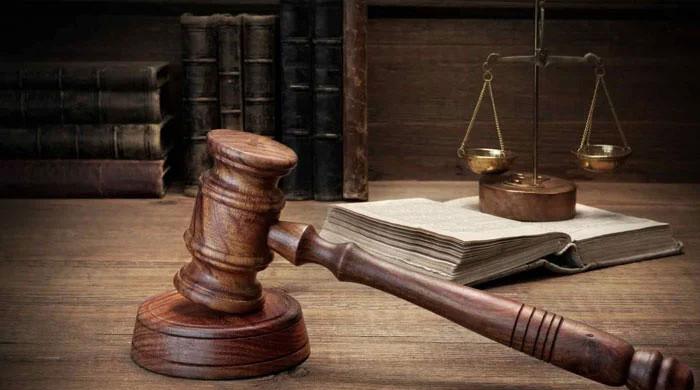Charter of Democracy 2.0
Recovery from such a situation, even if possible, will be long and costly
February 13, 2025
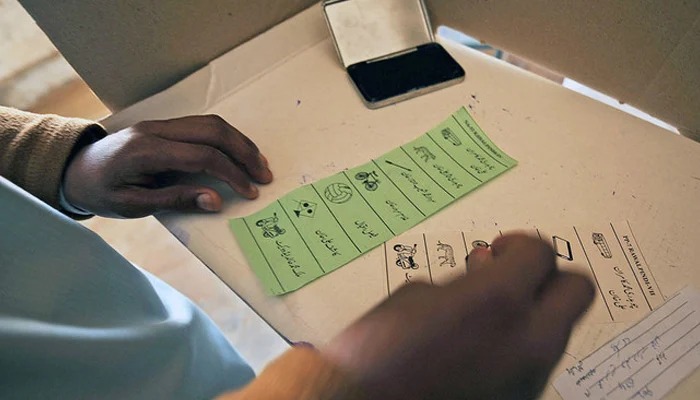
Pakistan is a multi-ethnic country created as a result of a democratic process. It can only prosper if it is a robust constitutional democracy. It is clear as daylight to anyone looking at Pakistan today, that not only are we a long way away from that goal, but are in fact moving further away with the passage of time. If we do not urgently course correct, we are headed towards a situation in which grievous harm is caused to the national interest. Recovery from such a situation, even if possible, will be long drawn out and costly. We have already fallen behind most of the rest the world and even our region. We cannot afford further setbacks and a wastage of time.
There are some fundamental principles which cannot be violated, if we are to move towards a path of recovery and success. In a modern multi-ethnic society we need a compact agreed upon by the nation of how our collective lives will be organized and what will be the rights and obligations of the State and citizens. This is done through an agreed-upon constitution developed and approved by the chosen representatives of the people. When we go down an extra-constitutional path we fracture the bond between citizen and state because we are trying to govern people according to rules which don’t have their consent.
Similarly, those who will govern must be chosen by, and reflect the will of the people. When we take extra-constitutional steps and go against the will of the people by imposing representatives not truly chosen by them, we break the trust between citizen and state, which is essential for success. As the trust between citizen and state erodes, the citizens protest and oppose what is being imposed on them against their will. This in turn forces the state apparatus to use its coercive tools to impose its authority, which weakens the bond and trust between citizen and state even further. This vicious cycle if allowed to go on threatens the very foundations of the state structure. We find ourselves in the middle of such a vicious cycle right now.
A constitutional democracy also cannot succeed if there are no checks and balances imposed upon the executive branch. An independent apolitical judiciary is a sine qua non for a successful democracy which serves the needs of the citizens and does not cater to the whims of the powerful. The political leadership has, time and again, failed to resolve political disputes in parliament. As a result, all thorny political questions have been taken to the courts to be resolved through a judicial process. This has dragged the higher judiciary into partisan politics and the court has repeatedly appeared to be divided along political lines. In addition, repeated military interventions and the desire of the establishment to control the outcome of judicial decisions have weakened the judiciary even further.
Another prerequisite for a functioning democracy is freedom of speech. After a period of relative freedom of media starting in the early 2000s, we have seen a serious erosion of that freedom in recent years. We are also struggling to create a balance between freedom of expression on social media and protection from fake news and slander. We seem to be, at the same time, throttling legitimate freedom of expression and unable to curb the spread of fake news and slander.
A major contributor to the state of affairs as described above is the complete breakdown of all political norms between opposing political parties. From a legitimate competition for getting support from the citizens for who will form the government, we have descended into a fight until the complete annihilation of the political opponents. All dialogue has broken down and parliament has ceased to be a forum where legitimate political differences could be debated and a consensus created. There is no way true democracy can function where we no longer have political opponents but enemies who must be ruthlessly crushed. This breakdown between the political parties has also allowed the military establishment to interfere with the political process and often totally control it.
This situation cannot continue to prevail. All those who believe in the supremacy of the constitution and the will of the people, look towards the political leadership of the country to find a way out of this morass. No permanent solution can be found without the military establishment also signing off on the way forward. However, the lead must come from the political leadership. They need to break the impasse and sit together to work out a new charter of democracy which deals with all the critical ailments plaguing our democracy and reach a consensus on all the current issues creating fissures in body politics.
The issues that need to be addressed include: 1) New rules of engagement amongst the political parties and in particular the thorny issue of accountability. 2) How to ensure that the military establishment permanently disengages from the political process 3) 26th amendment and its impact on the independence of judiciary 4) PECA laws and freedom of speech, as well as protection from fake news and slander 5) Scope of operation of military courts 6) The issue of political prisoners and settlement of politically motivated cases. 7) Composition of Election Commission and timing of next elections 8) Mutual agreement on process for investigation of May 9 and Nov 26 incidents 9) Deepening democracy by strengthening the constitutional provisions related to Local Governments 10) Role of CCI and strengthening the systems for better coordination between the provinces and the federation for post 18th amendment Pakistan. 11) National political strategy to deal with the grievances of Balochistan and reduce reliance on administrative and security measures to deal with the issues there. 12) A comprehensive review of post FATA merger situation in the merged districts and assess the implementation of promises made before the merger. 13) Further empowerment of the people of GB and giving them a greater sense of participation and ownership over matters relating to GB.
These are obviously just suggestions on issues that I believe require the creation of national political consensus. When the political parties sit together they can of course add or delete any issue. The parties may also decide that some of the issues highlighted above require immediate attention and others be agreed to be discussed after the resolution of the current political situation.
I know most people will say that this is simply a wish which has no chance of becoming a reality. All I have to say is that if we don’t find the collective will to do this, we are the Titanic headed straight for the iceberg. For the sake of the 250 million people of Pakistan, we must put our selfish interests, our egos and myopic views and rise to meet the expectations of the nation. If we are able to do that, this nation can soar like the javelin of Arshad Nadeem in Paris, which the whole world saw with awe and admiration.
The writer is a retired corporate CEO and former federal minister.
Disclaimer: The viewpoints expressed in this piece are the writer's own and don't necessarily reflect Geo.tv's editorial policy.
Originally published in The News




